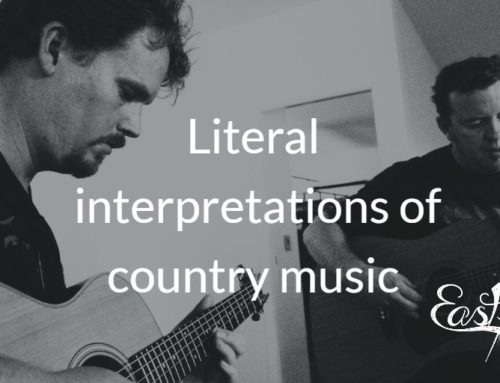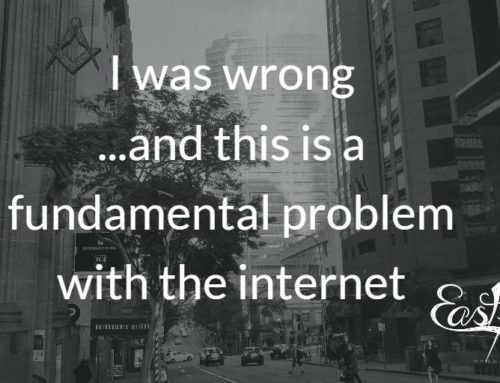January 26 is Republic Day—the date in 1950 that India’s constitution came into effect.
Marking the end of British rule in India, the new constitution is the People of India’s statement of justice, liberty and equality.
This is not just a country reacting against 90 years of unequal treatment and exploitation by outsiders, but a rejection of the inequality of India’s caste system—a cornerstone of its social structure for hundreds of years.
So, every year, it’s a holiday. Lots of flags. It’s probably hot. And there’d be 100 songs (at least). Plus a big parade—even when it rains.
And in the lead-up to each year’s festivities, Indian journalists write about the social inequality (including caste-based discrimination) that still remains in their country.
Any of this sound familiar?
In the days before Australia Day this year, journalists remind us just how unequally our indigenous people are treated. Truth demonstrated by statistics—and even by our own Constitution.
Rather than promoting equality, in 1901, our Constitution set out to entrench it. I’ve seen an old copy that included this:
127 In reckoning the numbers of people of the Commonwealth, or of a State or other part of the Commonwealth, aboriginal natives shall not be counted.
Section 127 was only taken out in 1967 (3 years after the Beatles toured Australia). And just quietly removed—not categorically rejected…
Like India’s Constitution, our Constitution marked the end of being a British colony, and the start of our own government.
I suppose you’ve got to start somewhere.
Regardless of whether we’re celebrating Republic Day or Australia Day, we can’t erase or deny history—and nor should we try. But inequality isn’t about history—it’s about now.
Let’s use today to work out how we can make things better for us all.
Happy Australia Day.







